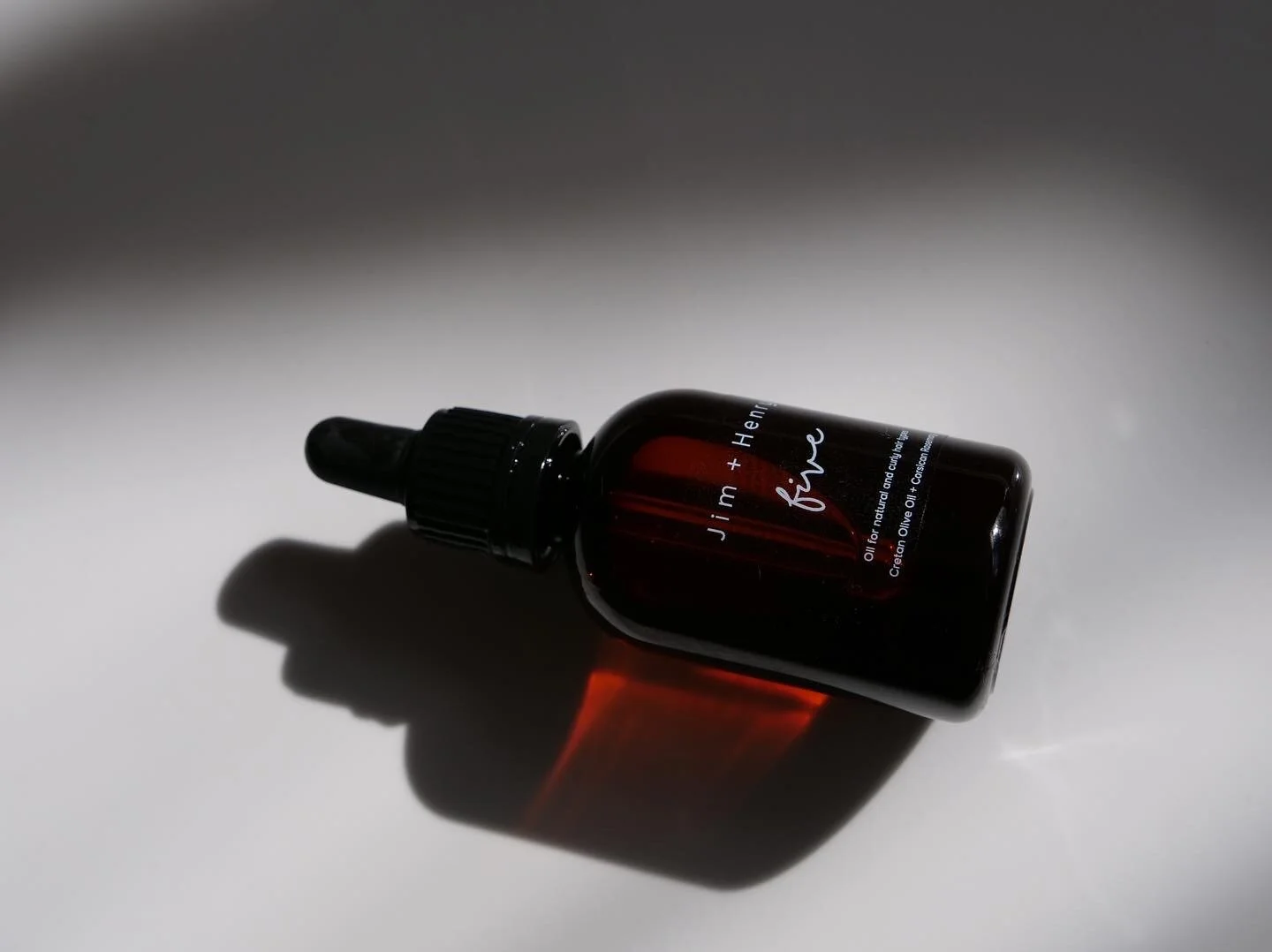Brassica: the hidden toxin in natural curly hair care
In the world of natural curly products, terminology can be deceiving. Take, for instance, "brassica" oil, often touted as a gentle, plant-derived ingredient. While technically accurate – brassica refers to the plant family that includes rapeseed – the extraction process for this oil can be far from gentle.
Conventional rapeseed oil production relies heavily on chemical solvents and high heat, raising concerns about potential environmental impact and residual chemicals in the final product. Note, links below explaining this. This begs the question: can we achieve the desired benefits of a plant-based oil like superior shine, softness and slip (detangling ability) and ensuring the purest possible ingredients for our curls? Let’s discuss
The Allure of Safflower: A Sustainable and Curl (and skin)-Friendly Choice
In all seriousness this has been a humbling experience: we thought cold-pressed rapeseed oil was great, but as we delved into the facts about extraction we made a decision to switch. The answer lies in cold-pressed, organic safflower oil. Unlike rapeseed oil, safflower oil is extracted through a mechanical cold process using pressure, eliminating the need for harsh chemicals and excessive heat. This not only minimises environmental impact but also ensures a purer, more natural product for our curls.
But the benefits of safflower oil extend beyond its sustainable extraction process. Safflower oil is a rich source of linoleic acid, an essential fatty acid that compliments the richer oleic acid in olive oil, forming our hair oil: Five. Linoleic acid helps strengthen the skin barrier, promoting overall skin health and resilience.
Furthermore, safflower oil boasts well-documented hair-softening properties. Its lightweight, non-greasy nature makes it an excellent choice for a natural hair detangler and moisturiser. The icing on the cake? Safflower oil is non-comedogenic, meaning it won't clog pores and contribute to breakouts – a significant concern for those with acne-prone skin.
Jim + Henry difference
By transitioning from rapeseed oil to cold-pressed, organic safflower oil, we are taking a stand. It sounds dramatic, but so few brands care because they put profit first, but we have been doing this since inception in 2017. We believe in harnessing the power of nature's finest ingredients while ensuring the purest, most effective products for our customers.
So, the next time you see "safflower oil" on the Five ingredient list, know that you're not just getting a natural oil; you're growing with us. We learnt some information, we made a change, and we’re making things better for you and yours.
Links:
Extracts from the links: Canola oil (American term for rapeseed) is extracted by heating the crushed canola seeds dissolved in the hexane solvent or by cold press method [4]. Finally, it is refined using water precipitation and organic acid to remove gums and free fatty acids, filtering to remove color, and deodorising using steam distillation [4]
Refining methods largely remove vitamin E, carotenoids and chlorophylls during bleaching [6] and deodorization processes [7]. Refining process renders canola oil a hydrogenated mess of trans fatty acids and their consumption may lead to heart problems, blood platelet abnormalities, increased cancer risk and free radical damage. Imagine what this does to our hair.
Extracts from the above link: Mention is rarely made of the very toxic substance rapeseed oil also contains. Eruric acid. Not only does it irritate mucous membranes, but damages the myelin sheath around nerves and interferes with the use of Vitamin E by the body.




